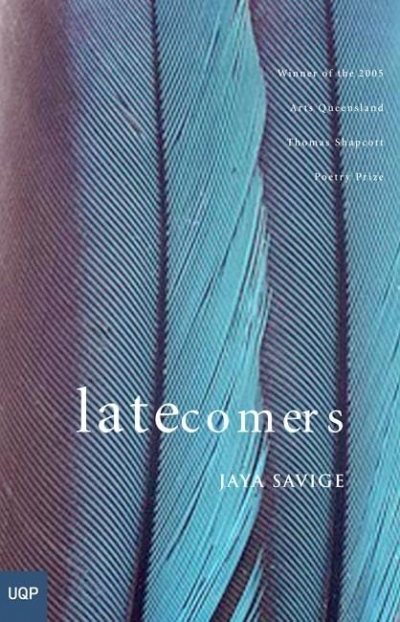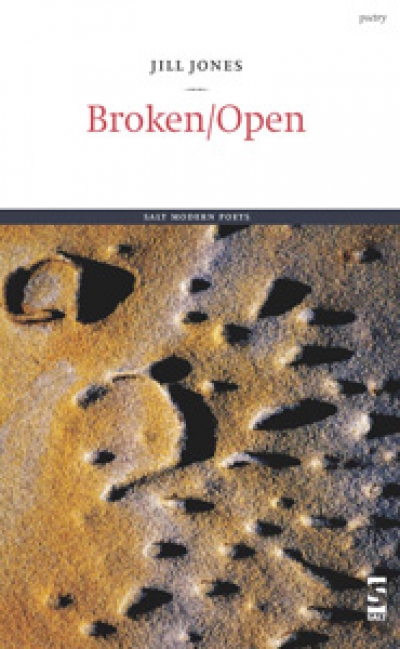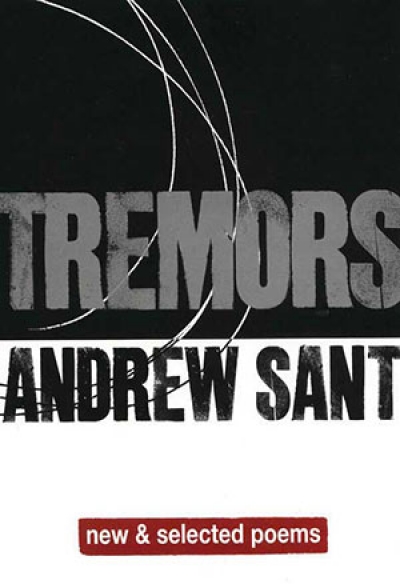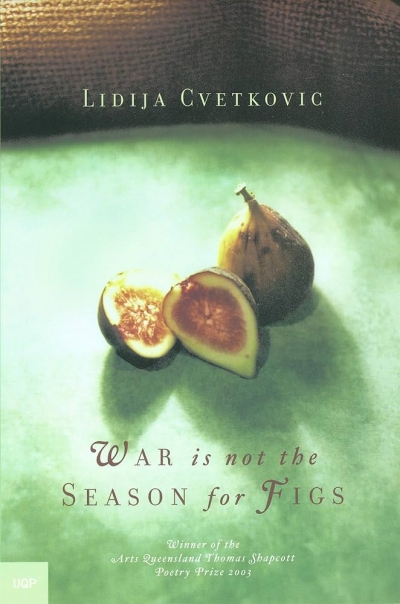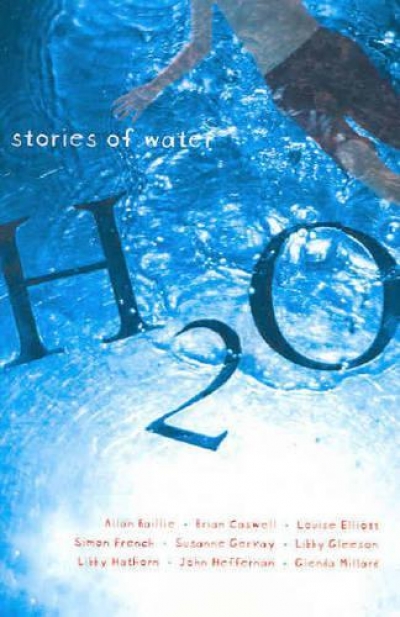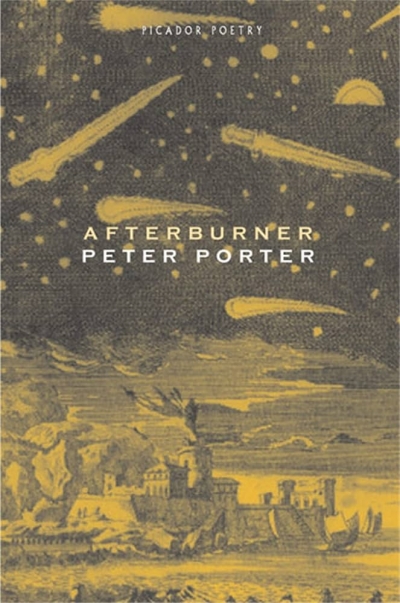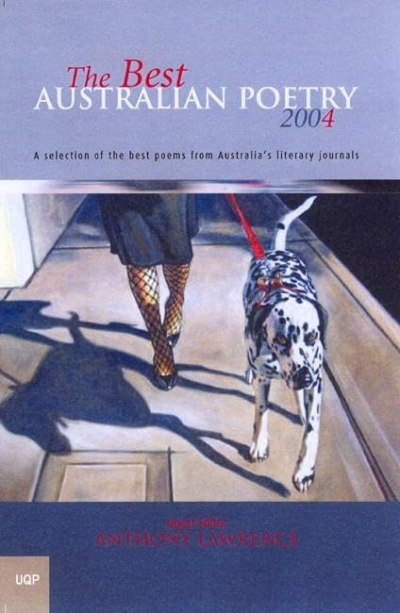Annual anthologies of Australian poetry are, or should be, a good way to get an overview of the local poetry scene, as well as an opportunity to greet new poets and to keep in touch with established ones. This selection from more than a hundred poets fulfils that function pretty well, having a range of old and new names, styles and themes, even if the sourcing of the poems does seem weighted in favour of Quadrant, of which Les Murray is poetry editor. It’s the hubris in the title – Best Poems – that makes one cantankerously inclined to point to incomprehensible omissions. Readers with a mind to play that game can scrutinise some of the contenders that Murray passed over by reading Peter Porter’s rival anthology (David McCooey reviewed UQP’s Best Australian Poetry 2005 in the October 2005 issue of ABR). We have to accept, I think, that any anthology cannot help but bear signs of its editor’s preferences and prejudices, and no anthologist can hope to read every poem of the year. What matters, bearing in mind the need to be reasonably representative, is whether the chosen poems are good ones (although Some Good Australian Poems of 2005 might not be a highly marketable title).
...
(read more)


